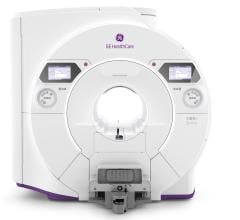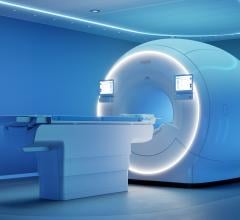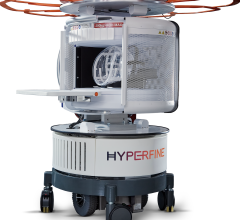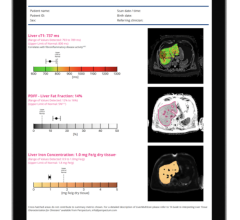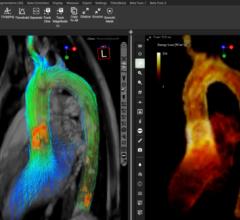
March 31, 2010 - The number of magnetic resonance imaging (MRI) scans performed increases each year, as does the number of people with implanted cardiac devices. However, MRI procedures are not recommended in the United States for patients who currently have implanted pacemakers; if approved, Revo MRI has the potential to be the first FDA-approved pacing system designed for use in the MRI setting.
The U.S. Food and Drug Administration (FDA) Circulatory System Devices Panel of the Medical Devices Advisory Committee voted unanimously in favor of approval with conditions of the Revo MRI SureScan pacing system designed as MRI conditional, or safe for use in MRI systems under specified conditions.
The FDA's Circulatory System Devices Panel recommended Revo MRI for approval with conditions related to the planned post-market study, healthcare professional training, and labeling to reflect MRI scans are to be conducted with the full Revo MRI SureScan Pacing System. The FDA will consider the panel's recommendation in its review of Revo MRI; however, it is not bound by its Advisory Committee's recommendations.
Revo MRI was designed to address safety concerns around MRI procedures for patients who have implanted pacemakers. Revo MRI includes hardware modifications to the device and leads that are designed to reduce or eliminate several hazards produced by the MRI environment. In addition, since MRI scanners may cause traditional pacemakers to misinterpret MRI-generated electrical noise and withhold pacing therapy or deliver unnecessary pacing therapy, this new pacemaker includes a new SureScan feature that sets the device into an appropriate mode for the MRI environment.
The device and leads also contain radiopaque markers, viewable via X-ray, to indicate that the device is MRI-conditional.
For more information: www.medtronic.com


 January 21, 2026
January 21, 2026 

